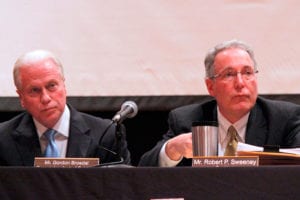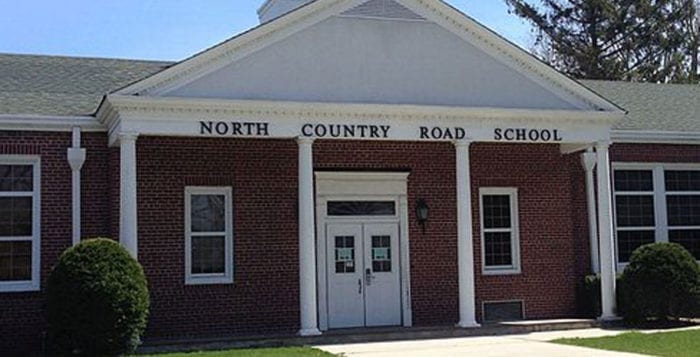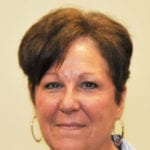By Mallie Jane Kim
The Three Village Central School District Board of Education will have only six members this year, as one member resigned due to a career change making participation impossible.
At an Aug. 23 meeting last Wednesday, BOE president Susan Rosenzweig announced the change, explaining that the former board member in question, Jennifer Solomon, would not be replaced during this term. A special election would cost an estimated $25,000 to $30,000, diverting funds allocated to serve the school children, she explained.
“Each of those dollars that we would have to use for something like that is taken out of the pocket of a child, so that didn’t interest any of us in any way,” she said, adding that appointing someone didn’t seem fair.
The chosen option is to do nothing, keeping the board at six trustees as they aren’t concerned about gridlock. “We all work very collegially and collaboratively together,” Rosenzweig added. “We’re not too worried about the even number.”
Last year was Solomon’s first year of a three-year term, but at a board meeting on April 26, she shared that this outcome was a possibility. During that meeting, a board member read an emailed public comment that mentioned rumors a board member planned to resign after the election, and suggested that person should step down before the election instead to allow the community to choose someone in their place.
At the time, Solomon spoke up. “I suspect the author of that letter is referencing me,” she said, and explained the school district she was working for had cut her position, so she was forced to look for employment elsewhere. “Being on the Three Village Board of Education is a role that I care about deeply, and it’s my intention to continue on the board, provided my circumstances allow me to,” Solomon said.
As Rosenzweig shared at last week’s meeting, Solomon “has taken a position that precludes her from continuing her service to the board.”
Five excessed teachers recalled
The administration recalled five of the teachers whose positions were previously eliminated due to budgetary issues, according to Superintendent of Schools Kevin Scanlon, in some cases to keep class sizes low in each of the primary schools.
Teacher contracts require the district to keep the average class size in each grade below a certain number, but individual class sizes can vary within that average.
“We don’t want there to be an imbalance between one school and another school,” Scanlon said.
But the administration had to get creative to find that balance. “In order to get to those numbers, it’s not as if there was a magic pot of money,” he said. “We actually had to make cuts in some areas.”
For example, the administration cut three permanent substitute teacher positions — a year-to-year appointment — to make room in the budget to reinstate one section of second grade at Setauket Elementary as well as to help cover costs for special areas, such as physical education, art, health and music.
Scanlon also mentioned the district’s declining enrollment, a concern that spurred ongoing considerations to reorganize the schools, is still happening — but at a slower pace. He said there are 77 fewer students enrolled this year compared to last year; last year’s decline was 140 students and the year prior was over 200.
A major factor in enrollment fluctuation is families moving in and out of the district. According to district data, there are more families in the district this year compared to last, but fewer kids.
“That’s a very unusual thing to contemplate, but it’s just that the families are having less children,” the district superintendent noted. “A family used to have three or four children. They’re now having maybe one or two children.”

















 Robert Sweeney
Robert Sweeney Edward Law
Edward Law Peter Van Middelem
Peter Van Middelem Michael McGuire
Michael McGuire


